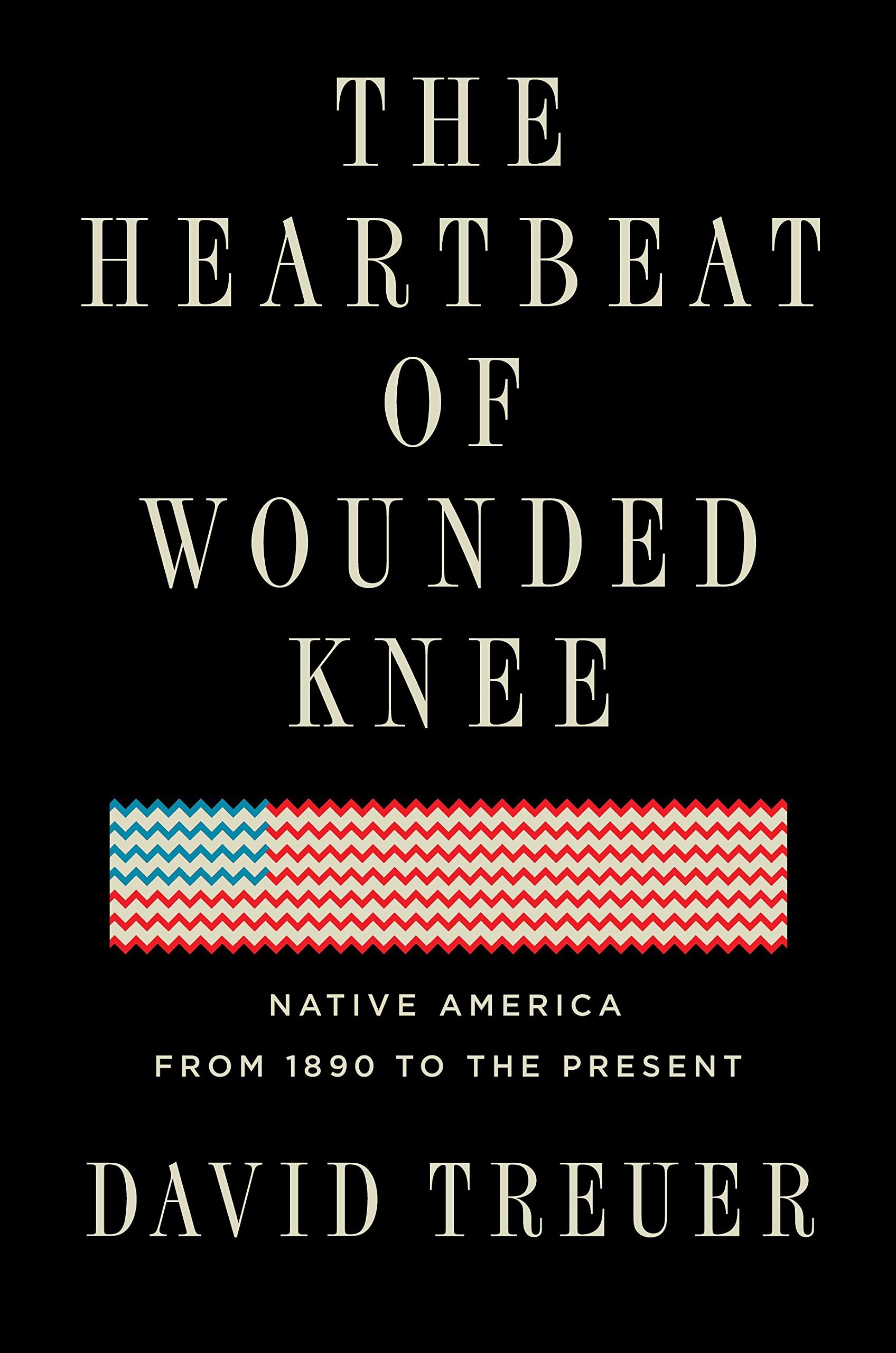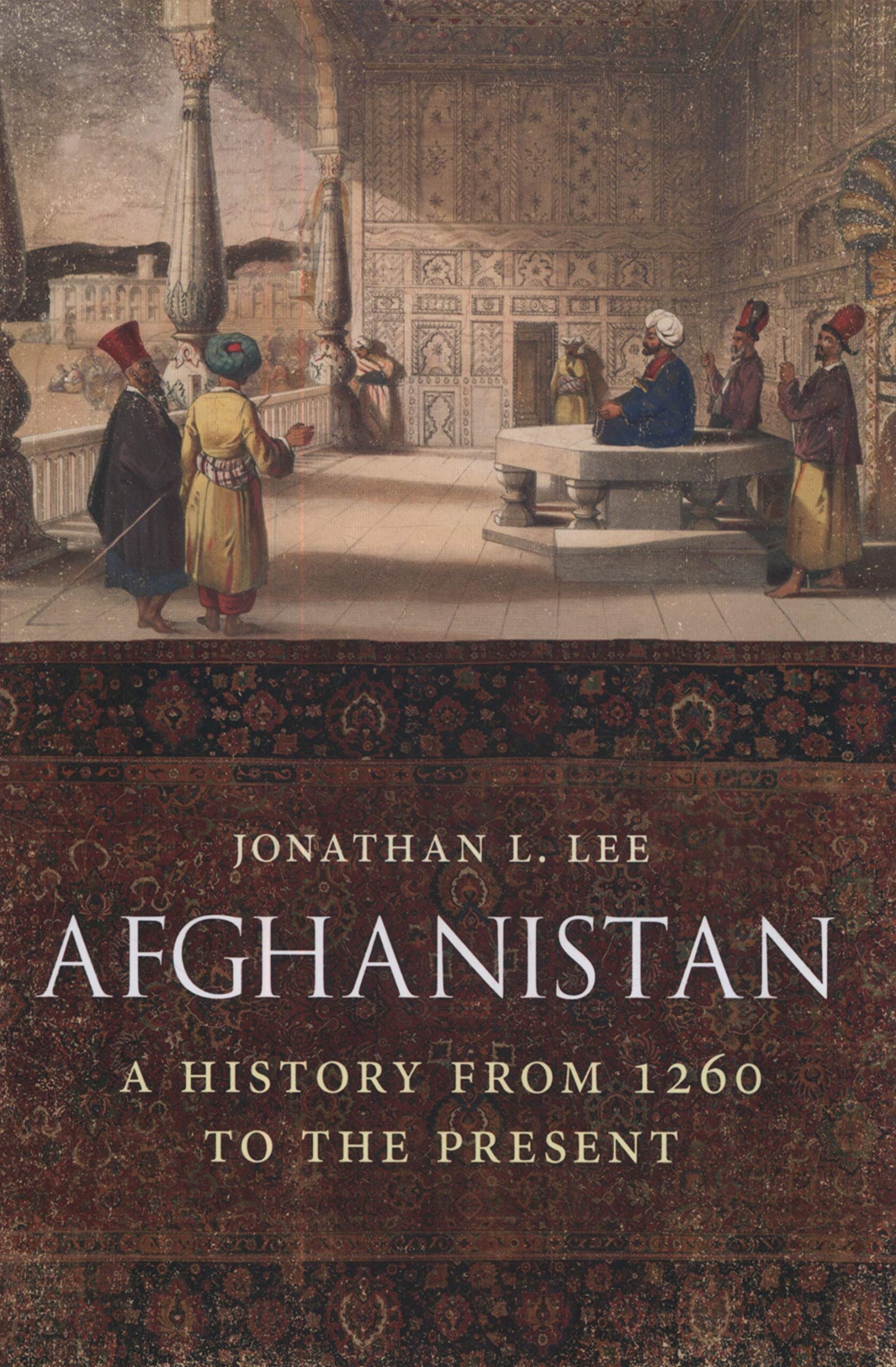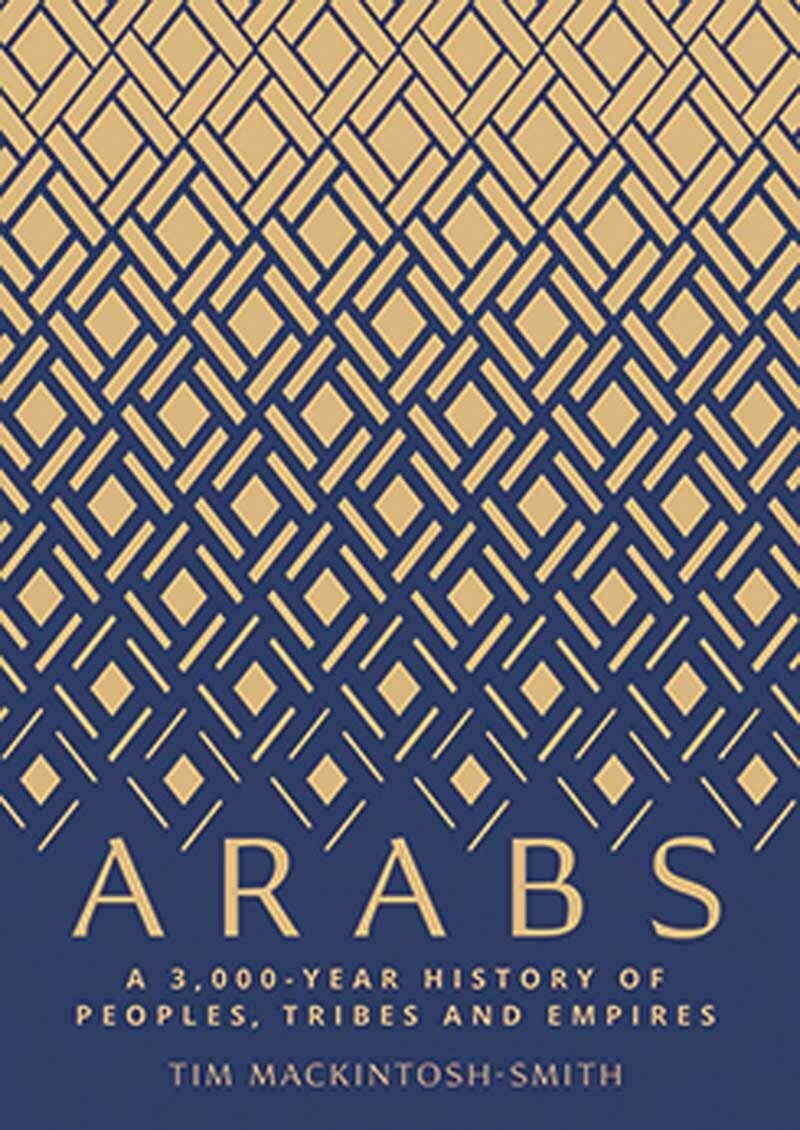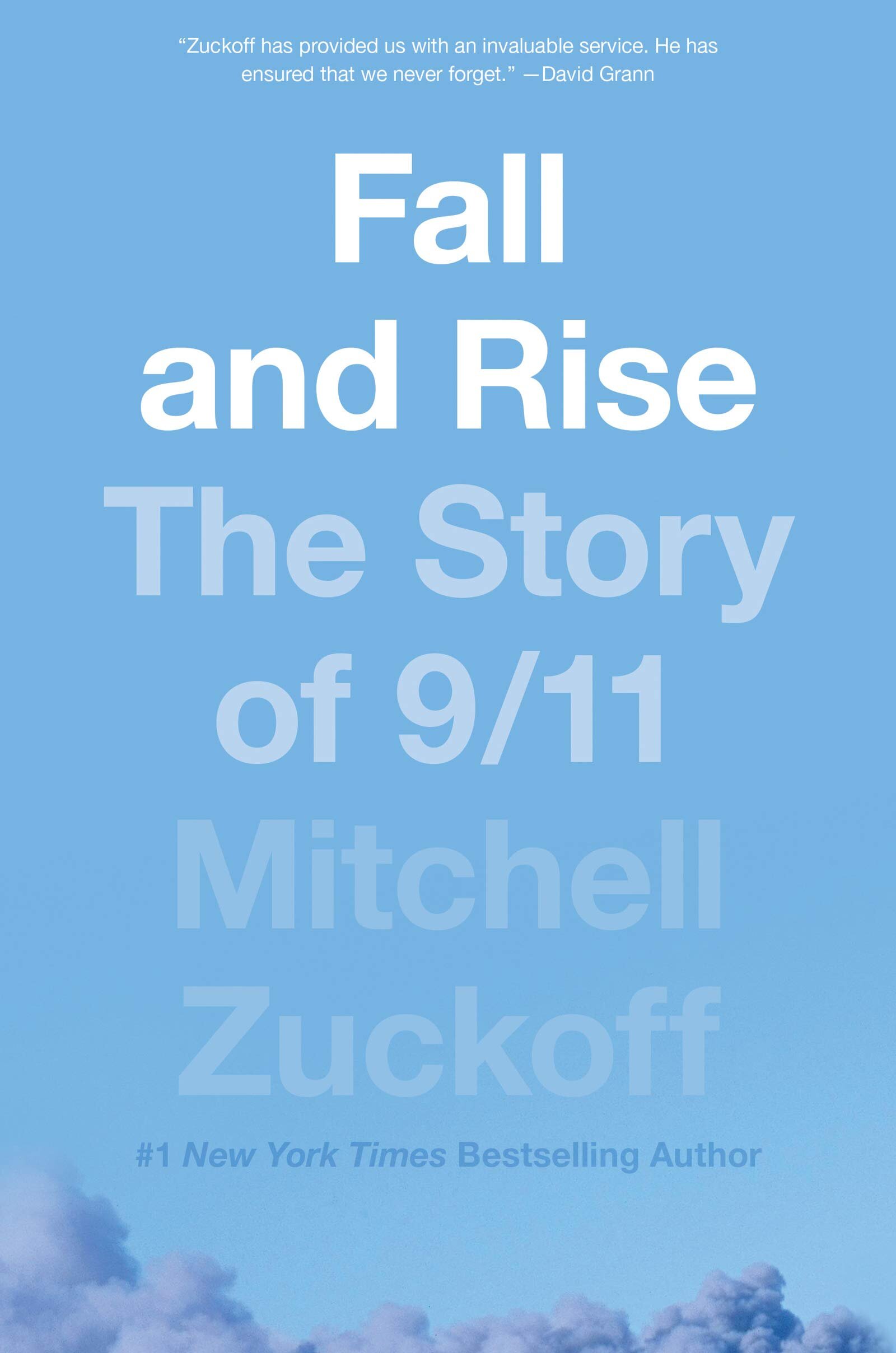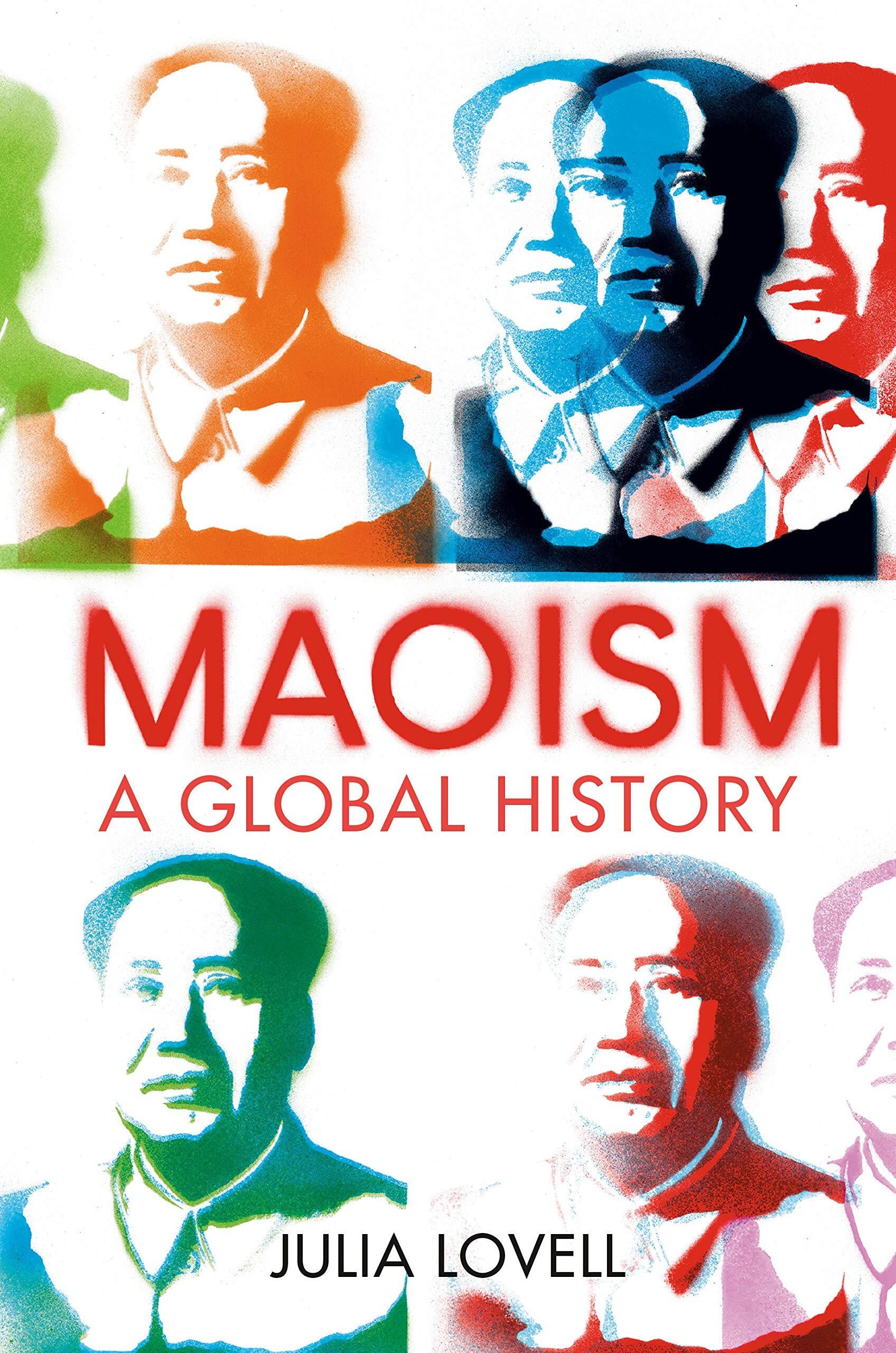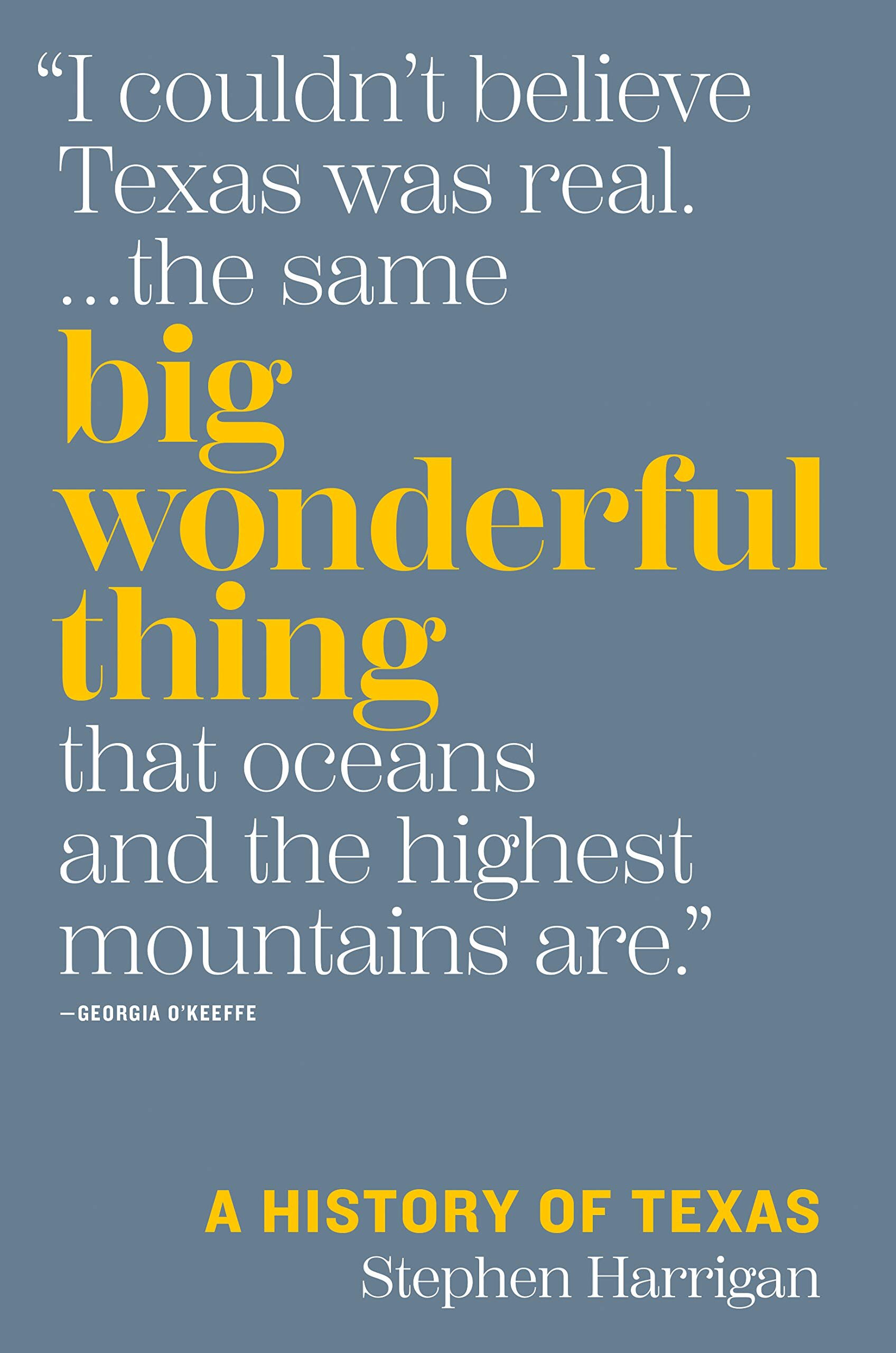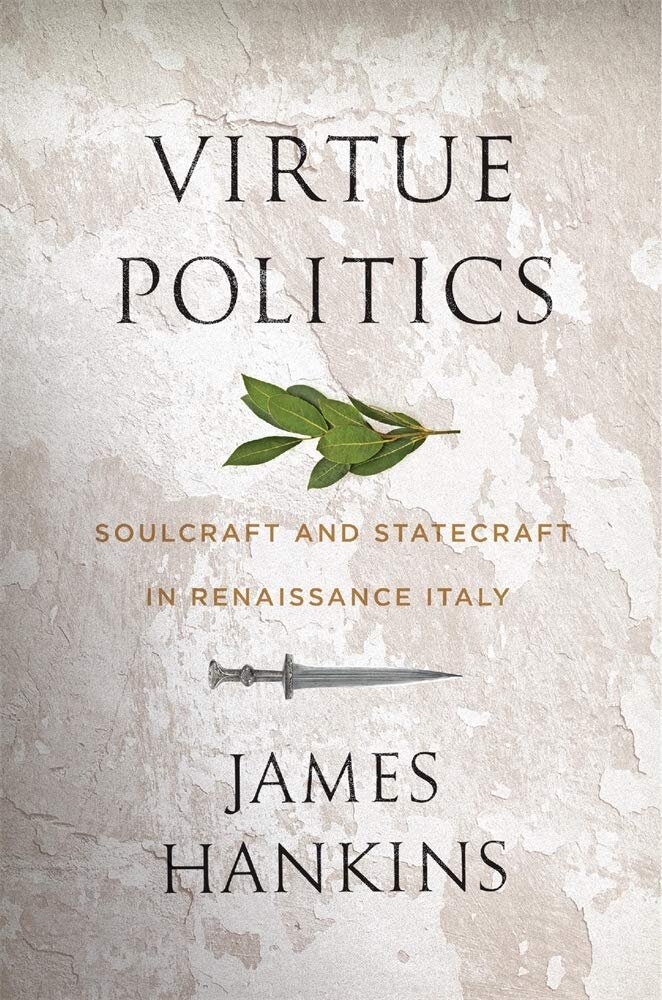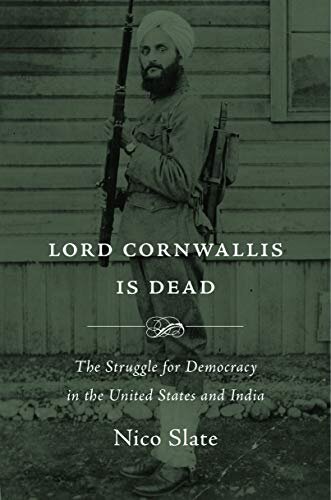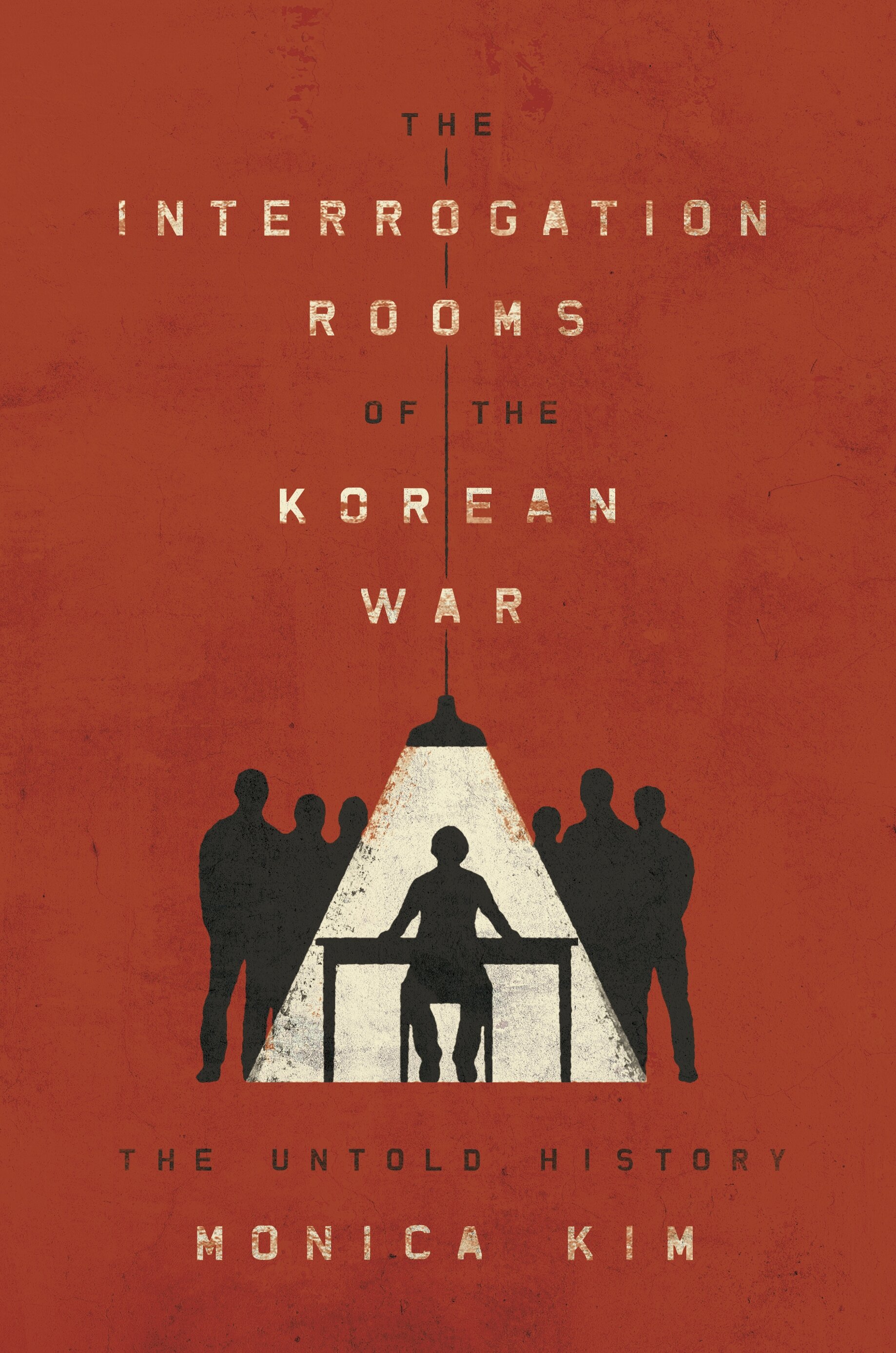The Best Books of 2019: History!
/On the eve of 2019, I was privately certain the year’s history lists would be flooded with pointillist studies of tyranny and dictatorship, aggrieved book-length sub-tweets basically responding to a US Republican presidency that flouts the law, cages children in concentration camps, and sneers at the democratic process. Happily, I was wrong: instead, if anything the lists trended in the opposite direction, to huge, sweeping overviews and searching analysis - so much the better for history readers. Here were the year’s best:
10 The Heartbeat of Wounded Knee by David Treuer (Riverhead) - The list this year starts with David Treuer’s harrowing - and genuinely infuriating - history of the tragedies and travesties of Native American history, mostly concentrating on the 20th Century and threaded through with memorable characters.
9 Afghanistan by Jonathan Lee (Reaktion) - The first of a series of doorstop comprehensive narratives this year is Jonathan Lee’s scholarly and surprisingly gripping account of nearly 1000 years of Afghanistan history and culture, sure to be the century’s standard one-volume English-language work on the subject.
8 Arabs by Timothy MacIntosh-Smith (Yale) - Second in the series of doorstop narratives is this immersive history of Arab peoples by Timothy MacIntosh-Smith, in which he ranges his focus over thousands of years and hundreds of vivid characters, almost always following the same intriguing thread throughout: the mutable persistence of the Arabic language itself.
7 Fall and Rise of 9/11 by Mitchell Zuckoff (Harper) - The defining American tragedy of the 21st century here receives its definitive narrative history at the hands of Boston University professor Mitchell Zuckoff, who reported on 9/11 for the Boston Globe and writes its history with an amazing combination of passion and objectivity.
6 Maoism: A Global History by Julia Lovell (Knopf) - This particular doorstop narrative by China expert Julia Lovell, like so many of the others on this list, gloriously refuses to make any concessions to our allegedly ‘post-literate’ era, instead offering an eloquent and richly detailed deep-dive history of a pernicious idea.
5 The Puritans by David Hall (Princeton) - As with a few other big histories on this list, David Hall takes a subject most readers think they already know, in this case the history of the Puritans, and transforms it through sheer scholarship and writing skill into something that feels challengingly complicated and new.
4 Big Wonderful Thing by Stephen Harrigan (University of Texas Press) - What was for me the least expected of this year’s big doorstop histories also turned out to be the most enjoyable: Stephen Harrigan’s tough, bustling history of Texas, full of action, tempers, and (naturally) oversized personalities.
3 Virtue Politics: Soulcraft and Statecraft in Renaissance Italy by James Hankins (Harvard University Press) - This big innovative study of the political upheavals of the Renaissance takes aim squarely at the standard view that city-states were run along coldly realpolitik lines, and in the process the book presents vigorous new takes on a dozen old ideas about the period.
2 Lord Cornwallis is Dead by Nico Slate (Harvard University Press) - We leave off the sweeping-overview doorstops and turn next to this comparatively slim and incredibly comprehensive dual study of the United States and India in their struggles for political and social equality in the wake of separation from the British Empire, which Nico Slate renders with terrific energy.
1 The Interrogation Rooms of the Korean War: The Untold Story by Monica Kim (Princeton University Press) - Monica Kim’s astonishing and lastingly disturbing debut, the best work of history in 2019, uses wide-ranging research and deep human insight to illuminate a new look at the ways the Korean War was waged on the most intimate of levels: person to person, in locked rooms, under duress, and usually for psychological rather than military ends.

